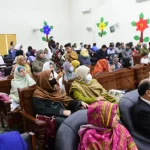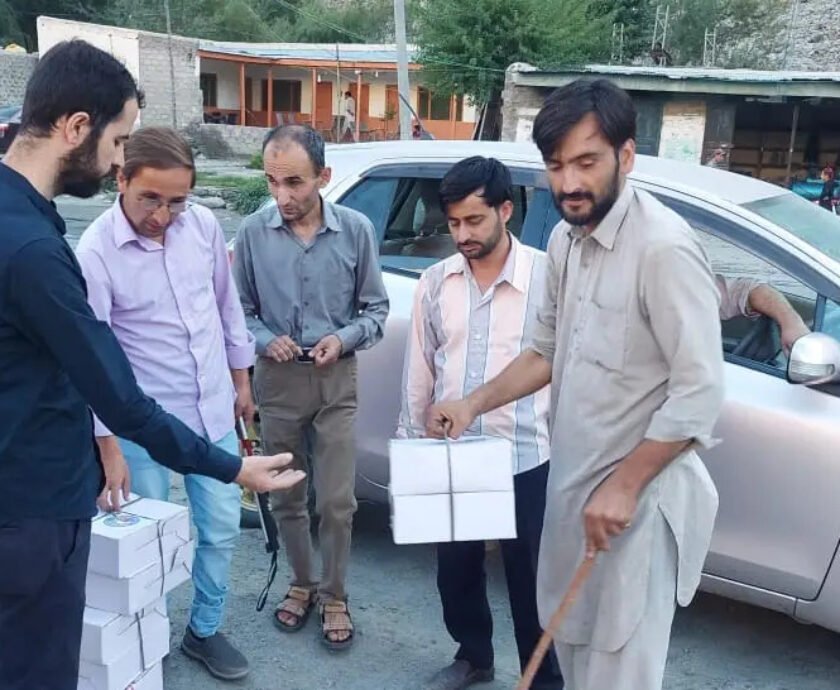The questions I have set out can be answered in a few words: yes or no, but life is not as simple as we think it is.
When I have seen disabled people studying or working, I can not get away from the fact that out of 1000 people working the course, maybe 5% might be disabled, but out of that 5%, nearly all, if not a majority still try their best to achieve their end result whether that may be a pass or fail.
Secondly we as Disabled people have more responsibilities to accomplish the Y from The X. Living in a world where everyone worships role models such as Shah Rukh Khan or Andrew Tate, disabled persons still live in poverty and are limited in their social circles. Never mind going to social events, we have to prove to ourselves and the people around us that we are socially conditioned to function within a society wherever we are. So why is it that in places like Pakistan, where Islam preaches for more disabled equality, it does not translate into practical results for us. It is mainly because, unlike other traditions, people have a joint family system and a traditional system that passes on norms and customs for generations and generations.
So the problem is one of social psychology rather than practicalities and logistics: Using old-school Freudian techniques, I would guess that due to the misinformation or misapprehensions, I feel that society in Pakistan and Gilgit Baltistan needs to change its value and beliefs system about us. People say ‘ oh they cant do it ‘ Is this true? I would argue the opposite.
Consider Covid Lockdown. The world is stuck at home with their families, working from home and attending schools via Zoom or Microsoft Teams. Without going into any further discussion that should have made governments across the world realize, we need a digital economy as well as the structural one, and what better to do it than employing persons with disablities who might better perform than others. In fact Yu 2019 finds that some people with disabilities can ‘ find new and creative ways to navigate the potentially disabling technologies they must use ’, and also help boom the economy.
That’s why we look to teach persons with disablities the IT skills needed in a future digital economy. Without such emphasis, GB might lack to catch up with this economy in the future, which might be the future markets without borders.



